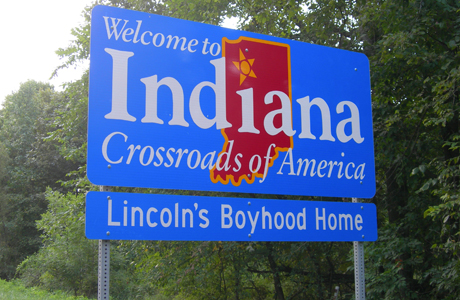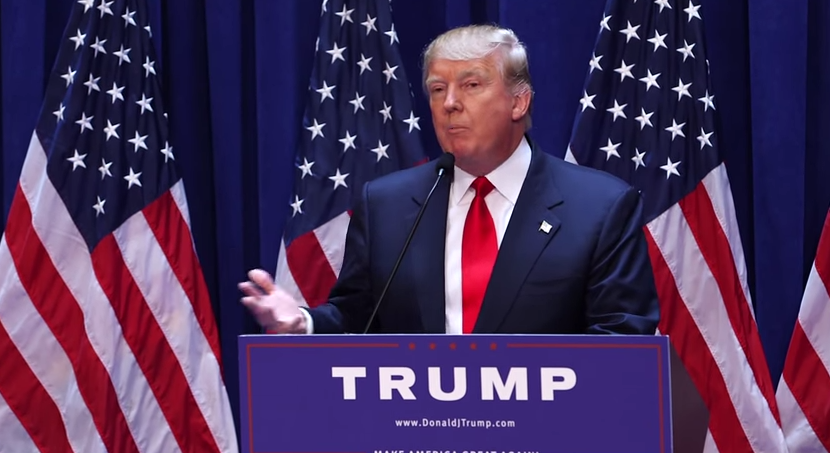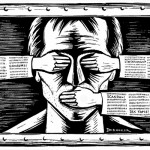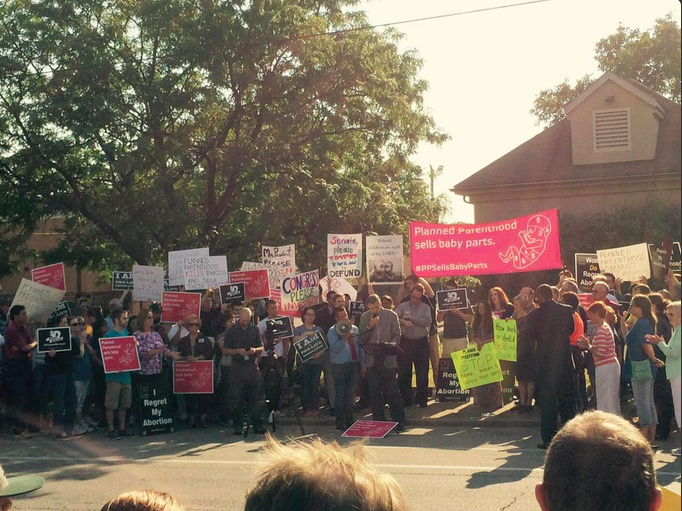If there’s anything in store for American political discourse more absurd or uninformed than the arms race over Indiana’s Religious Freedom Restoration Act, I cannot fathom what that might be. The entire kerfuffle is pathetic, from the blatant misinformation being peddled in mainstream news to the astonishing cluelessness of the history of RFRA. Consider this sad episode further evidence that American culture is being divided beyond the Left vs Right and into those willing to tell the whole truth vs. those who aren’t.
The law that governor Mike Pence signed last week is no more a direct challenge or threat to Indiana’s LGBT citizens than are the ones signed by President Bill Clinton in 1993 and then-Illinois state senator Barack Obama in 1998. In neither case was the RFRA interpreted to be a license to businesses for discrimination against anyone.
So what changed? As one commenter on CNN said yesterday, the issue liberals have with RFRA is not with the text of the law, but with the context. That’s exactly right. The difference between 1993 and 2015 is that many contemporary progressives now believe it is the duty of lawmakers to create a public square that is bereft of anything other than celebration of same-sex marriage and relationships. Legal protection for those who do not celebrate it–indeed, in the RFRA’s case, the possibility of legal protection–is now deemed incompatible with a humane and diverse culture. “Tolerance” now has a definite predicate: We should be tolerant only towards those with the right ideas.
Tim Cook, the chief executive who replaced the late Steve Jobs at Apple, unwittingly illustrated this. He penned an op-ed for The Washington Post that accused the Indiana legislature of using religious liberty claims to “rationalize injustice,” and explicitly connected the state’s RFRA law to the Jim Crow-era south. That’s a bizarre allegation, since the Indiana RFRA makes neither a provision for any discrimination against citizens nor grants businesses or business owners any sort of legal guarantee that an appeal to religious belief will win a suit. It’s possible that Mr. Cook either doesn’t quite properly understand what Jim Crow laws were or what the Indiana RFRA actually does. It would be understandable if the CEO of the world’s most profitable computer company doesn’t have spare time to read civics.
What concerns me, though, is the possibility that Mr. Cook, and many of his fellow liberals, actually do understand what Jim Crow laws were, what the Indiana RFRA does, and still believe that a connection between the two is logical. What we’ve seen in American culture over the last few years is a tectonic shift in how many on the left think about the relationship between sexual politics and law. Emerging is a portrait of what my friend Alastair Roberts calls “New Morality.” New Morality is a specific narrative about human ethics, particularly the sexual kind, that places certain moral demands on all who want to participate in public life. The New Morality is specific about what must happen to those who refuse its worldview: They must relinquish the right to be heard.
New Morality is not liberalism, at least the way liberalism is often explained. Most social conservatives see the major threat of liberalism as permissiveness, the sanctioning of immoral or un-American behavior that threatens the social order. There’s still truth in that, of course, but New Morality is actually the opposite of permissiveness, it is prescription. It’s not quite right to think of New Morality liberalism as simply allowing too many things. Rather, by subjugating civil life to a set of postmodern doctrines about the autonomous self, it allows too few. Dissent has become heresy, and heresy cannot co-exist with the pure faith. We used to picture liberalism as pushing the boundaries of our conscience. New Morality liberalism has found an entirely new conscience, and seeks to shrink the margins, not expand them.
The belief that the Indiana RFRA is a license for discrimination is coherent only if one believes that offering any sort of legal recourse for businesses in discrimination lawsuits is itself intolerant. But that’s exactly where the times have taken us. We have arrived at a place where prominent columnists can speak openly about “stamping out” voices who disagree with New Morality. We see private Christian universities punished for hiring policies consistent with their charters and articles of faith. We see the personal lives of judges carefully screened and regulated for anti-New Morality activity. What is being created before our eyes is in no way secular. It is religion, and religious orthodoxy is the price of citizenship.
So then, we come back to the issue of what liberalism means. My question is: Who are today’s liberals? Who are the ones who will protest the creation of a state faith in New Morality and argue for the public inclusion of those with differing opinions? Who will widen the margins of civic life? Where are the true Jeffersons, the spokespeople for pluralism, the lovers of debate and of bottom-up cultural creation?
Can we find those liberals who defer to debate and persuasion rather than fiat and coercion? I’m afraid we have no choice. This isn’t about special protection for or the privileging of evangelicalism; it’s about recovering a sense of belonging for all in the public square. To be liberal is to believe that no social orthodoxy is ever worth more than freedom of conscience. That is precisely the conviction that is at risk today. Against this backdrop, Indiana’s RFRA is a fundamentally liberal law. The question is: Where are its liberal champions?
















